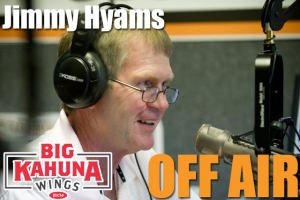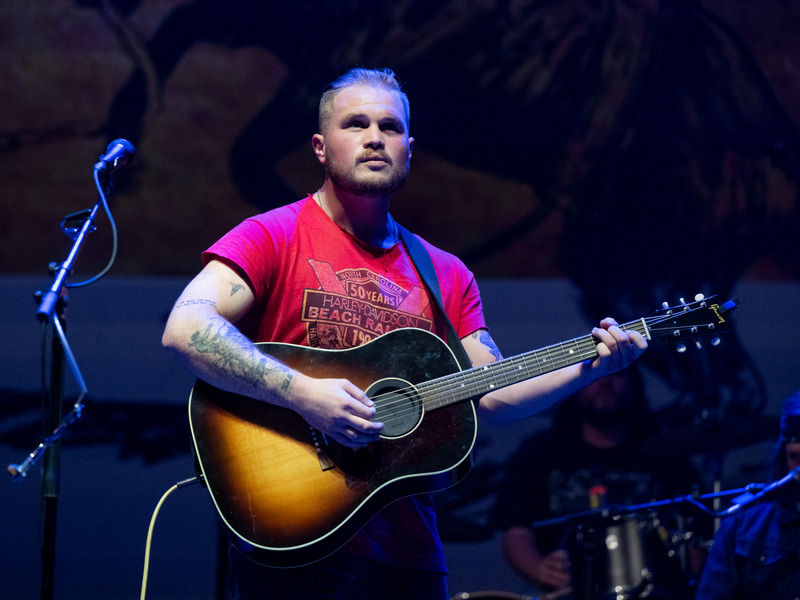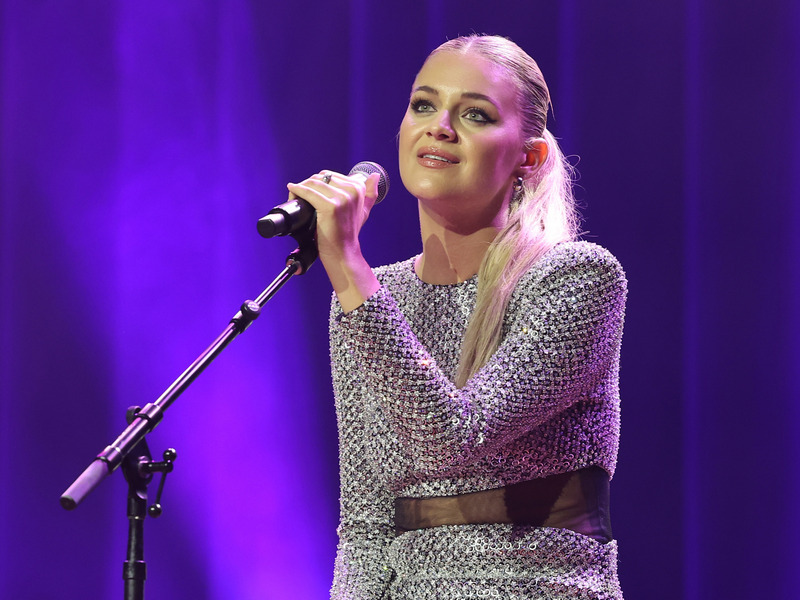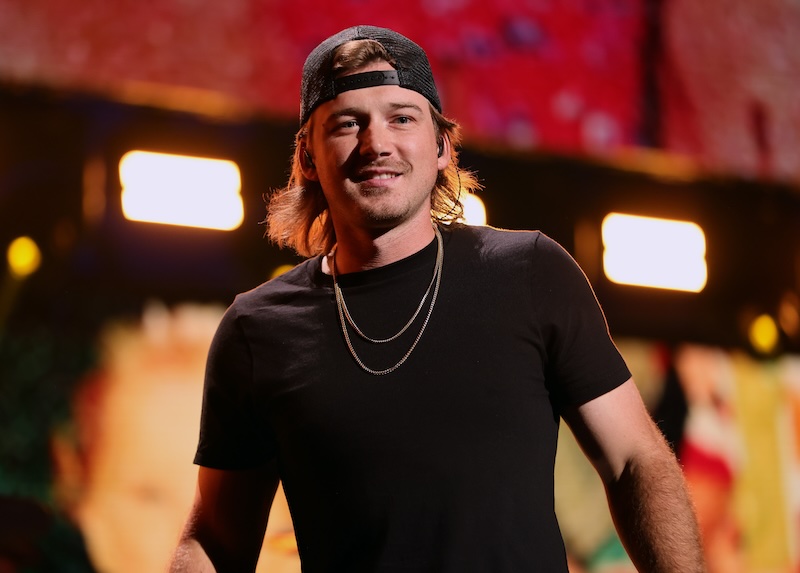
Aug. 23
By Jimmy Hyams
When John Currie was hired as Tennessee athletic director Feb. 28, one of the first questions he was asked was this:
Will you restore the Lady Vols nickname to all women’s sports?
The Dave Hart administration decided two years ago to do away with Lady Vols in all sports but basketball.
Currie said there are a “lot of different feelings’’ on the issue, some of which have been “well articulated’’ either publicly or privately.
Currie was Kansas State’s athletic director when the Lady Vols change came about. He said he understood some of the “technical’’ reasons but also knew it touched a sensitive nerve to a women’s program that had built a well-known brand over a 40-year period.
Shortly after Currie arrived, he said he drove to a “Lady Vols softball game,’’ thus, he said, “it never went away from me,’’ meaning the Lady Vols moniker.
“It’s an issue that has a lot of different layers, a lot of different perspectives,’’ Currie said, speaking at a function last week at Buddy’s Banquet Hall.
Currie said he and Chancellor Beverly Davenport continue to listen to different points of view.
“I recognized that for whatever reason, whether intentionally or unintentionally, not having the Lady Vols name associated with some of our sports and how it went about and was communicated hurt a lot of feelings,’’ Currie said.
“So in this process, we don’t need hurt feelings. We need to be unified. So as we go through the process of what the next step is, that continues to weigh heavy on our minds.’’
Currie gave no indication as to which way he leaned, and he also gave no timetable for a decision.
But since he hasn’t made a call in almost five months on the job, many believe he will leave status quo.
On another topic, as Currie addressed the crowd, several long-time Tennessee fans said they prefer orange and white football uniforms, not Smokey Grey.
“I would agree with you, I prefer orange and white,’’ Currie said. “And when I was at Kansas State, I preferred purple and white.’’
Currie said there is “excitement for some folks’’ in wearing different uniforms but that “Tennessee is on the more traditional side of it than most.’’
Currie added: “We’re always talking about our brand right now, and you turn on that television and you can’t tell if a team is Syracuse or Oklahoma State or Texas San Antonio because their uniform changes every week, and I don’t like that.’’
Currie said Nike – UT’s apparel partner – does not make the decision on the uniforms the Vols wear. He said that’s up to the coaches.
“Ultimately, I’m not in the business of telling a coach, `you can’t wear this or you can’t wear that,’ unless it’s totally outrageous,’’ Currie said.
“Our coaches are the ones that make the decision within the frame work of who we are, and who we are is orange and white.’’
Currie also said that it costs about $50-to-60,000 when a team orders new sets of helmets, which Currie said is not only an added expense, but a potential safety issue with re-fitting helmets to a player’s head.
On other topics:
* Currie said he favors cost-of-attendance for student-athletes. UT pays about $5,666 per year per athlete, which is the highest in the SEC.
“I think there was a lot of fear that the world was coming to an end and people would start manipulating their numbers,’’ Currie said. “Those fears were largely unfounded and I think it’s been very positive for our student-athlete population.’’
Currie isn’t sympathetic to some athletes who claim to go to bed hungry.
“If a college student-athlete is going to be hungry at night,’’ Currie said, “it is because they chose to spend their money on other things. With the exception of a few extreme cases, they couldn’t possibly go hungry.’’
* Currie said he was disappointed that Tennessee was 46th in the national all-sports trophy race and 12th among 14 teams in the SEC.
“One of the things we have got to do better is win more,’’ Currie said. “And certainly we are going to continue to graduate our student-athletes and help prepare them for their careers and life after athletics.
“But we have got to win more. And that’s a big focus for us.’’
* Currie said Chancellor Davenport has asked a task force on UT’s campus to study the school’s campus alcohol policy.
Currie said the 1980s UT Hills Topics handbook says students may not consume or possession alcohol on campus.
“I don’t want to get into failed social policy or any theoretical stuff, but there is a lot of ambiguity there,’’ Currie said.
“We have an antiquated policy so this is not an athletics issue.’’
Currie noted you could be a 45-year-old PhD student but you can’t drink on campus. He also pointed out UT can’t sell alcohol at concerts and other events held on campus.
Currie said West Virginia changed its campus alcohol policy and had fewer negative incidents at games. Currie said he allowed alcohol sales in public areas for basketball and women’s soccer to enhance the fan experience.
Currie also said there is a revenue aspect to selling adult beverages in public areas at sporting events.
He said he has yet to decide on whether he would propose alcohol sales in public areas at UT sporting events.
Big Kahuna Wings: The wings that started it all




















